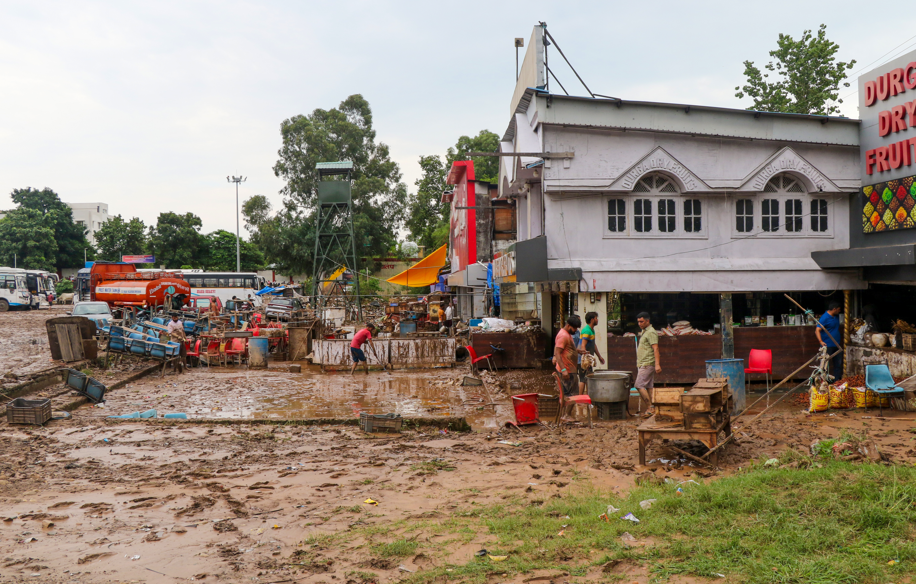With heavy rains continuing to lash Jammu and Kashmir, the administration has ordered the closure of all educational institutions across the Union Territory on Thursday.
Education Minister Sakina Itoo made the announcement on X: “Schools and colleges across Jammu & Kashmir will remain closed tomorrow (28.08.2025) in view of inclement weather.”
The order comes amid relentless rain in the Jammu region and intermittent showers in the Kashmir valley. Schools in Jammu have already been shut since Monday, while in the valley, institutions in Anantnag, Kulgam, Pulwama, Shopian, Budgam, and Srinagar districts were closed on Wednesday as a precaution. Kashmir University has also postponed all examinations scheduled for Thursday, with fresh dates to be announced later.
The continuous rainfall has triggered flood-like conditions across the Union Territory. Water levels in the Jhelum and its tributaries have crossed the flood declaration mark in Kashmir, while rivers and streams in Jammu are flowing above the danger level. Thousands of residents from low-lying areas have been evacuated after four consecutive days of torrential rain left vast stretches inundated.
In a major tragedy, a landslide struck the Vaishno Devi pilgrimage route in Reasi district. The landslide occurred near Inderprastha Bhojnalaya at Ardhkuwari, midway on the 12-km trek from Katra to the shrine. The pilgrimage has been suspended for the second consecutive day as search and rescue operations continue.
The Meteorological Department has forecast intermittent light to moderate rainfall across parts of Jammu Division and South and Central Kashmir on Wednesday, with brief spells of rain or thunderstorms expected on Thursday and Friday.
Lieutenant Governor Manoj Sinha chaired a high-level meeting on Wednesday to review rescue and relief measures. He directed the administration, central agencies, the Army, Air Force, NDRF, and CAPFs to ensure the safety of people in flood-hit areas. The LG also instructed officials to restore essential services such as electricity, drinking water, healthcare, ration supply, and telecommunications on priority, while ensuring adequate stock of food and medicines in affected regions.
(With inputs from IANS)














